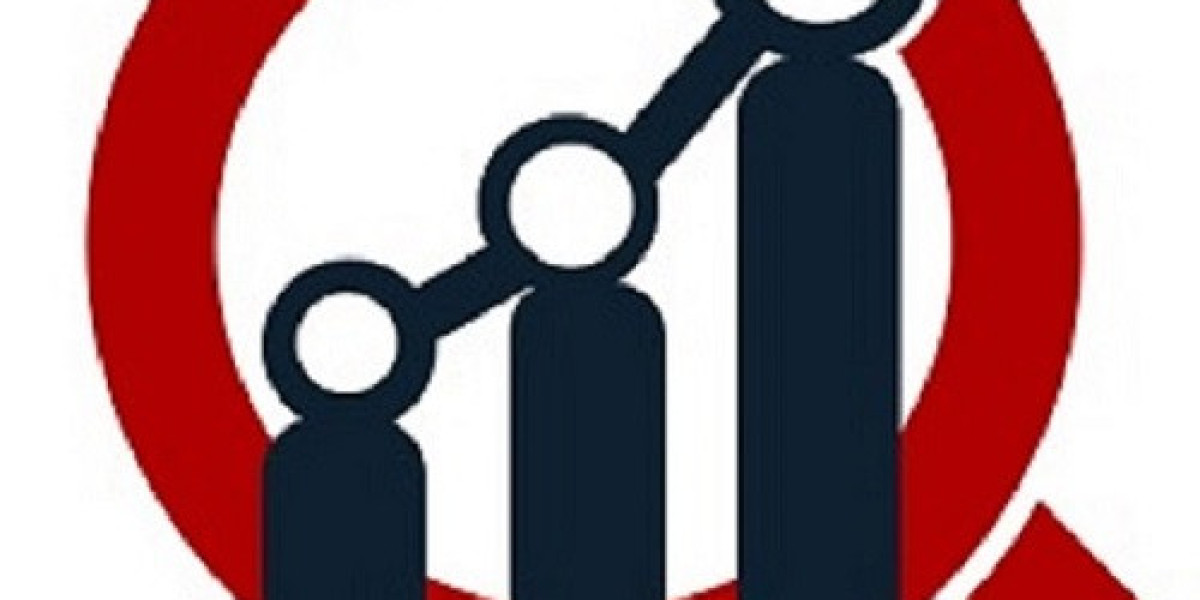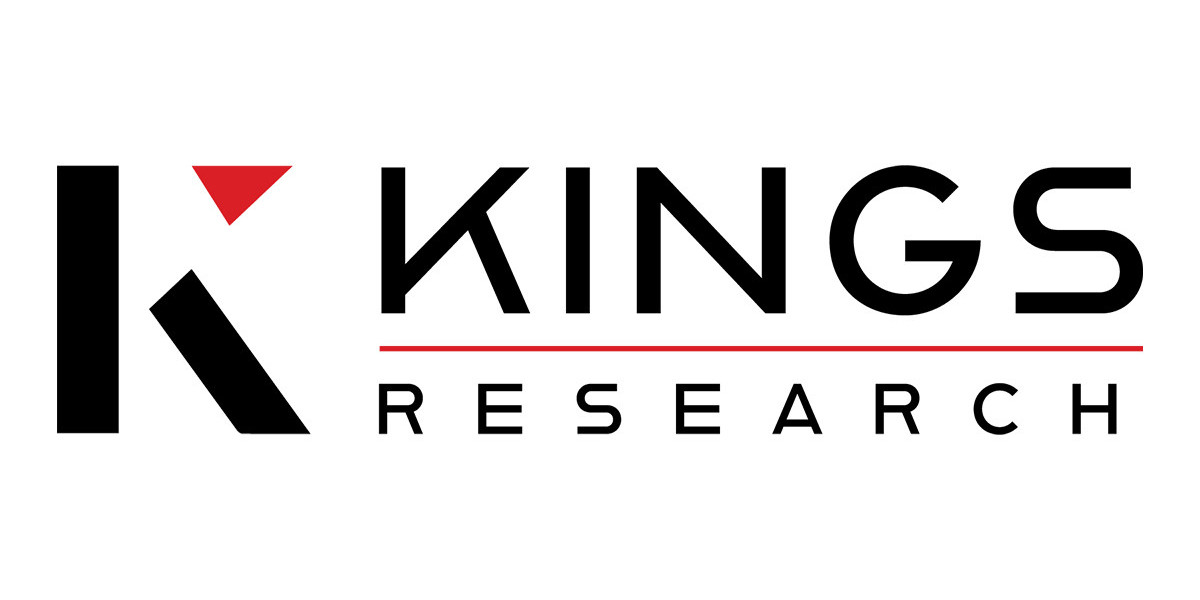Barcode Scanner Market Size and Growth Projections (2024-2032)
The global barcode scanner market was valued at USD 8.5 billion in 2022 and is projected to experience robust growth, with an estimated market size of USD 9.08 billion in 2023. By 2032, the market is expected to reach USD 15.495 billion, growing at a compound annual growth rate (CAGR) of 6.90% during the forecast period from 2024 to 2032. This growth is largely driven by the increasing demand for barcode scanners in key industries such as retail and manufacturing.
Get FREE Sample Report:
https://www.marketresearchfuture.com/sample_request/20672
Key Market Drivers
1. Expanding Retail Industry Barcode scanners are essential tools in the retail industry, enabling faster, more accurate checkout processes, inventory management, and product tracking. As retail operations continue to grow globally, the demand for barcode scanners is expected to surge. The convenience and efficiency offered by these devices, especially in automated checkouts and self-service kiosks, are significant contributors to the market's expansion.
2. Manufacturing and Supply Chain Advancements The manufacturing sector is another significant driver of barcode scanner adoption. With the rise of Industry 4.0 and increased emphasis on automation, barcode scanners are becoming integral to streamlining production processes, improving accuracy, and reducing human error. These devices are essential for tracking raw materials, components, and finished products along the supply chain, which enhances overall operational efficiency.
3. Technological Advancements The barcode scanner market is benefiting from continuous advancements in scanning technology. Newer models offer improved scanning speeds, extended range, and better accuracy, which make them highly desirable in various industrial applications. The integration of barcode scanners with wireless technology, such as Bluetooth, and the development of 2D barcode readers that can scan from multiple angles are further fueling the market's growth.
4. Increased Demand for Contactless Solutions The COVID-19 pandemic accelerated the demand for contactless solutions across industries. Barcode scanners, particularly those that offer contactless or touch-free scanning capabilities, have seen a surge in demand as businesses seek to provide safer, more hygienic experiences for customers and employees alike. This trend is expected to continue post-pandemic as hygiene and safety remain top priorities in commercial settings.
Market Segmentation
The barcode scanner market can be segmented by type, technology, and application:
- By Type: Barcode scanners can be classified into handheld scanners, fixed-mount scanners, and mobile computers. Handheld scanners dominate the market due to their versatility and portability.
- By Technology: The market is also divided based on scanning technology, including laser scanners, CCD (Charge-Coupled Device) scanners, and image-based (2D) scanners. Image-based scanners are gaining traction due to their ability to read 2D barcodes and QR codes, providing greater flexibility and data capacity.
- By Application: Barcode scanners are widely used across various industries, including retail, logistics, healthcare, and manufacturing. Retail accounts for the largest share, driven by the growing e-commerce sector and the increasing need for efficient inventory management.
Regional Insights
The barcode scanner market is global in nature, with key regional markets including North America, Europe, Asia Pacific, and Latin America.
- North America: The region is expected to hold a significant share of the market, owing to the presence of major retail and manufacturing companies in the U.S. The increasing adoption of automation in industries like logistics and healthcare further fuels the demand for barcode scanners.
- Asia Pacific: The Asia Pacific region is anticipated to witness the highest growth during the forecast period. The rapid expansion of the retail sector, coupled with industrial growth in countries like China and India, will significantly boost the demand for barcode scanners.
- Europe: Europe is also a key player in the market, driven by advanced supply chain management practices and the growing emphasis on automation across various industries.
Challenges and Opportunities
While the barcode scanner market is on a solid growth trajectory, it faces certain challenges. The initial investment costs, especially for advanced systems like 2D barcode scanners and mobile computing devices, may deter small and medium-sized enterprises (SMEs) from adopting the technology. However, the decreasing costs of barcode scanners, along with the growing availability of cost-effective, entry-level models, are expected to overcome these barriers.
Moreover, as technology continues to evolve, there is significant opportunity for innovation in barcode scanning systems, such as the development of integrated systems with cloud-based platforms, artificial intelligence, and machine learning to enhance data analysis and decision-making processes.
Get Related Reports:
GaN Semiconductor Devices Market
Industrial Control Systems Market









